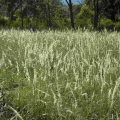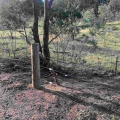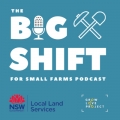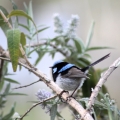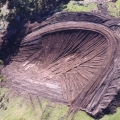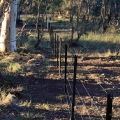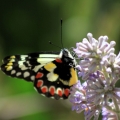Lue’s Koalas Subject of Upcoming Research!
Published 1st March 2024. Written by Maddison O’Brien
Have you heard about the Koalas at Lue? Landholders in the area have accumulated a surprising number of sightings over the past few years, catching the attention of Dr Kellie Leigh from Science for Wildlife.
Over the past 10 years, the Science for Wildlife team have been uncovering previously undocumented populations of koalas in and around the Greater Blue Mountains World Heritage Area. They have discovered growing populations of koalas with high genetic diversity and some populations that are chlamydia free. With any endangered species, finding new populations is always a boon, but the news gets even better.
“The number of koalas we have been finding has been incredible, but it’s where we are finding them that is so exciting. They are thriving in habitats that nobody thought could support them in decent numbers. We keep finding them in new places, on poorer soil types and utilising tree species we didn’t know they could use” said Dr Kellie Leigh, Executive Director of Science for Wildlife.
The team at Science for Wildlife are on the forefront of koala research, looking at Climate Change impacts on koalas as well as changes in populations, movement, and behaviours in response to bushfire, an increasing threat to these sleepy tree dwellers.
Koalas are currently classified as endangered across NSW, ACT and QLD. Their main threats to survival include habitat loss due to deforestation, wildfire and urbanisation, as well as disease, and the effects of climate change.
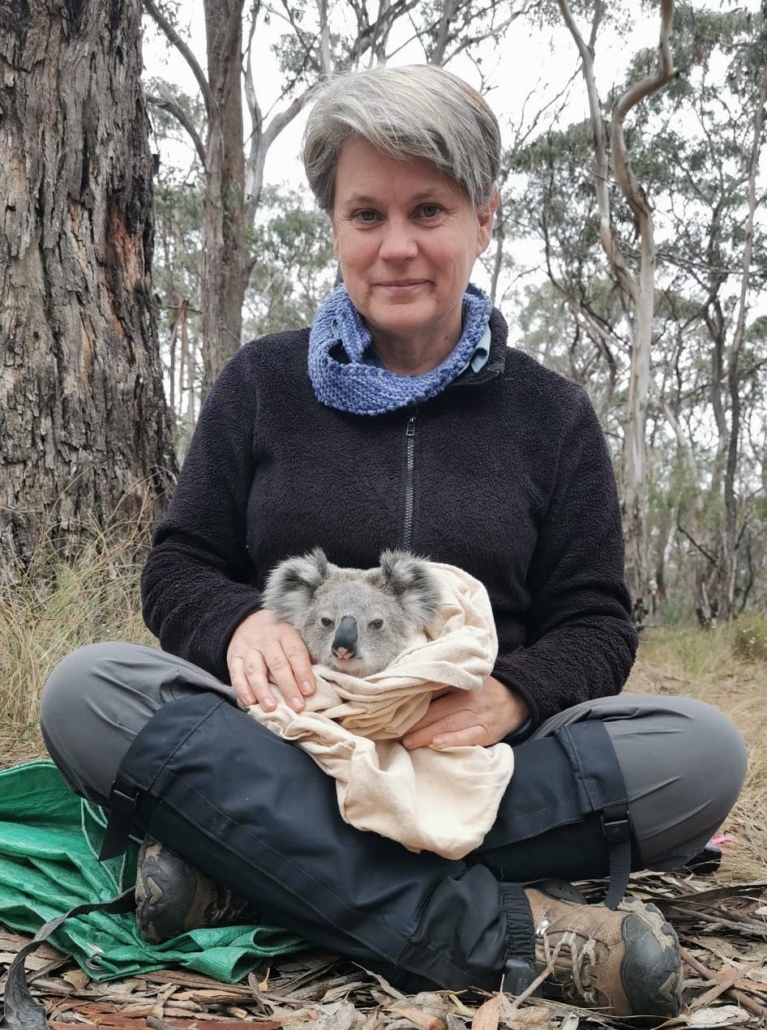
Dr Kellie Leigh from Science for Wildlife holding a Koala Joey during research
Mick Boller from Bingman Landcare in Lue has done some remarkable work over the years as an advocate for the local koala population. His efforts in raising awareness and properly recording koala sightings has led to scientists casting their gaze out to Lue for a new area of study. Dr. Kellie Leigh and her koala detection dog Groot will be doing a talk and Q&A to share their findings and collect local knowledge as a starting point for new surveys and studies in the Mid-Western Region.
“For years we have been receiving an increasing number of reports of koalas, from landowners around Lue and from National Parks and Wildlife Service staff for koalas to the east inside the national park. We’re hoping we’ll find another decent sized colony out that way.” Dr. Leigh will share their story of discovery at an upcoming talk on Friday the 8th March 2024 at Rylstone Olive Press. You’re invited!
Alongside Dr Kellie, local Koala tracker Candice Stott will talk about her exciting work with Koala detection dogs, and you’ll get to meet her Springer Spaniels. Candice will demonstrate how these clever dogs are game changers regarding koala surveys and monitoring.
Don’t miss out on this captivating morning learning all about Koalas and exciting new research plans in our region. RSVP at watershedlandcare.com.au/events
Science for Wildlife’s work surveying koalas in the Mid-Western Region has received grant funding from the Australian Government under the Saving Koalas Fund.



